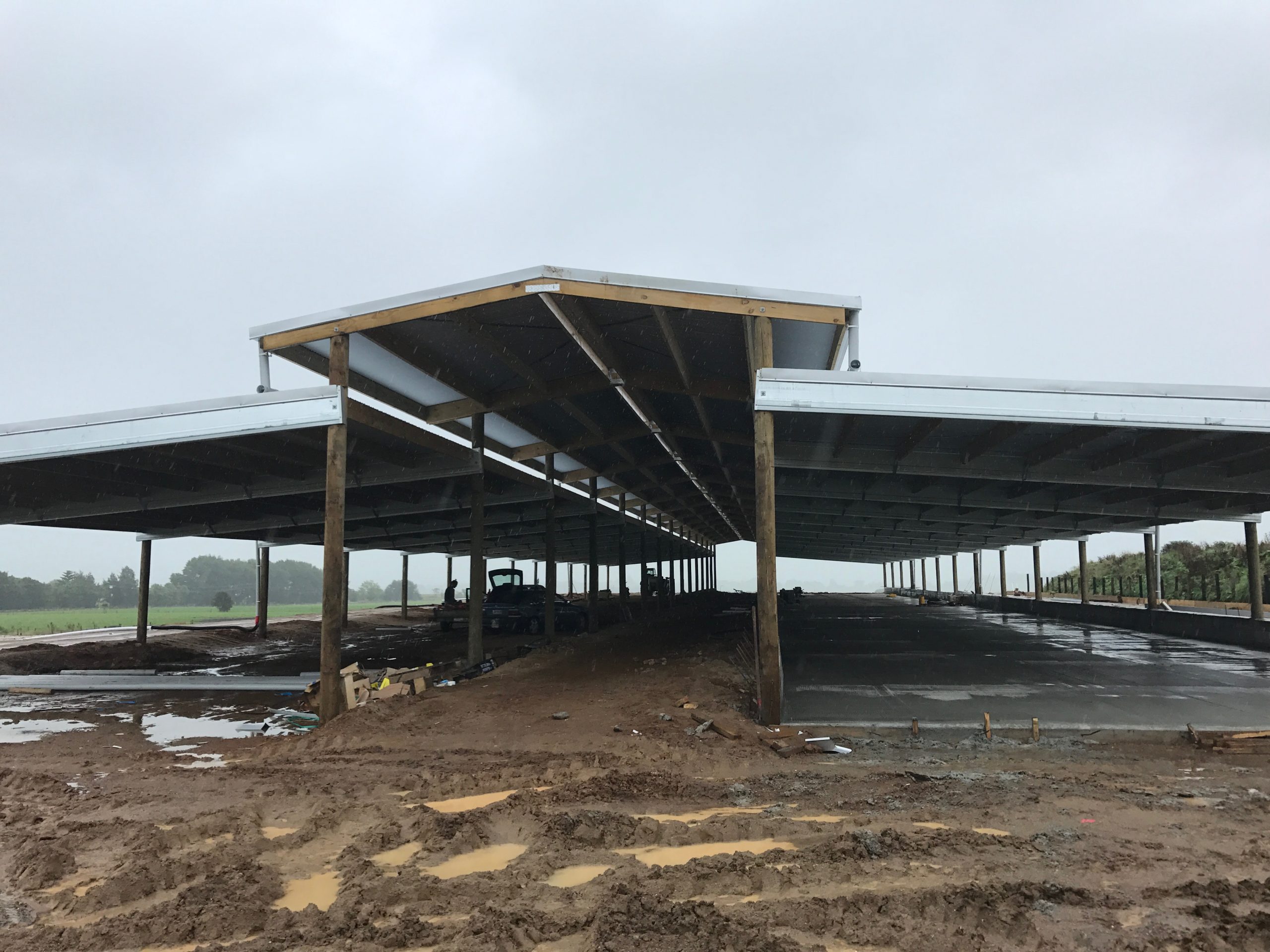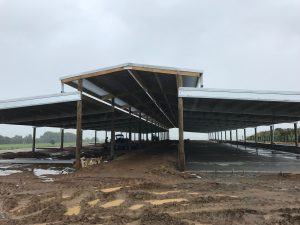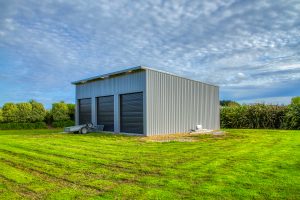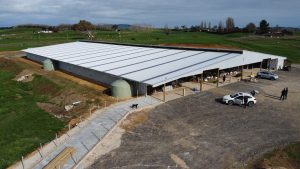Feed pads provide an organized and controlled environment for feeding dairy cows, dairy sheep or dairy goats. By using feed bunker systems or automatic feeding technology, farmers can precisely monitor and regulate the nutrition and quantity of feed each animal receives. This level of control allows for more accurate and efficient feed management, resulting in optimized animal nutrition and health, which in turn optimizes profits.
In traditional grazing systems, a considerable amount of feed can be wasted due to trampling, soiling, or spoilage. Feed pads minimize such losses by providing a dedicated feeding space that reduces contamination and spoilage. With less feed waste, farmers can achieve significant cost savings and maximize their herd’s nutritional intake, leading to improved milk production and overall herd health.
Proper nutrition is crucial for maximizing milk production in any herd. Feed pads enable farmers to formulate and deliver balanced diets tailored to the specific nutritional requirements of each animal. This precision feeding, combined with the ability to track individual animal performance, ensures that animals receive optimal nutrition, resulting in increased milk production and improved milk quality.
Feed pads also prioritize animal well-being by offering comfortable, clean, and spacious feeding areas. Beasts can feed without competition or aggression, leading to reduced stress levels and improved behaviour. Additionally, the controlled environment of a feed pad allows for better observation and early detection of health issues, ensuring prompt veterinary care and overall improved animal welfare.
Managing manure is a significant farming challenge. Feed pads help streamline this process by providing a centralized feeding area where manure can be collected and managed more efficiently. This facilitates easier cleaning, reduces environmental impacts, and allows for the implementation of nutrient management plans. Proper manure management supports sustainable farming practices and helps mitigate potential environmental concerns. It also saves real money on fertiliser costs.
By reducing reliance on pasture alone, feed pads offer flexibility in feed sourcing. This is particularly advantageous in regions with limited or unreliable grazing periods due to weather conditions. Farmers can supplement or replace pasture-based feeding with carefully formulated and controlled feed rations, ensuring a consistent and balanced diet throughout the year. This adaptability allows dairy operations to be more resilient and less affected by seasonal fluctuations.
By embracing feed pads, dairy farmers can create a more efficient, sustainable, and prosperous future for their business.
Sheds4U will work hand in hand with you to design and deliver an animal shelter that will add efficiencies to your business.
Get in touch today.




